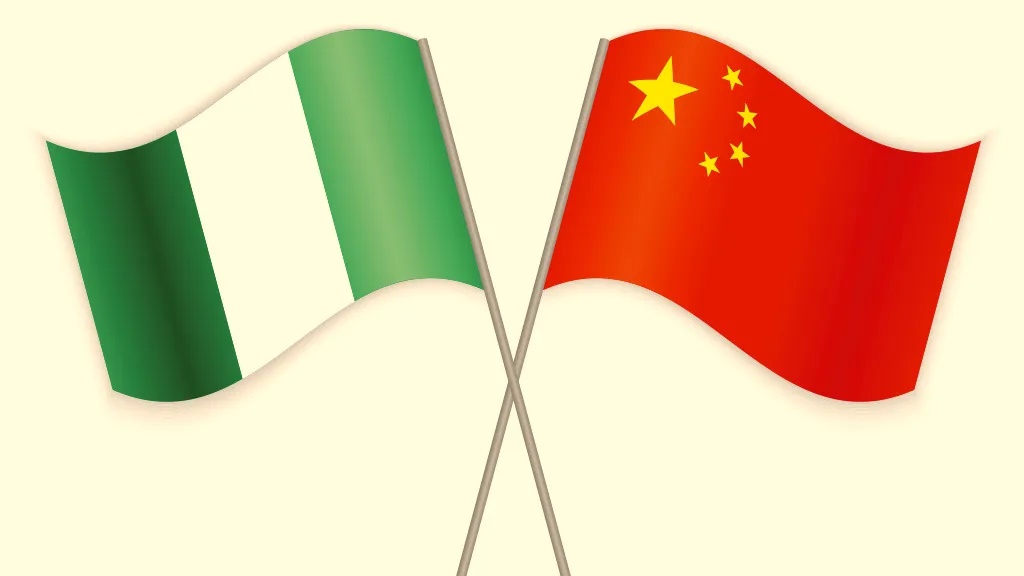
Akintunde Oyedokun
Research Analyst
Oil prices rose sharply on Tuesday, with Brent closing at $76.45 and WTI at $74.84, as the Iran-Israel conflict escalated and raised fears of supply disruptions.
Iran partially suspended gas output at its South Pars field after a weekend strike, and Israel hit an oil depot. A tanker collision near the Strait of Hormuz added to concerns about the security of one of the world’s most critical oil routes.
Despite no major interruptions to oil flows, the conflict has injected fresh uncertainty into the market. Meanwhile, global supply remains stable and demand forecasts have been slightly revised downward.
BOJ Maintains Rates, Adopts Cautious QT Pace Amid Global Risks
The Bank of Japan left its key interest rate steady at 0.5% and announced a slower pace of balance sheet reduction from fiscal 2026 to avoid market disruption. Global uncertainties, including rising oil prices, U.S. tariffs, and trade tensions, are weighing on the bank’s policy outlook. Governor Kazuo Ueda warned that while oil-driven inflation could prompt action, the bigger concern is economic downside from unstable U.S. trade policy. The move reflects BOJ’s cautious stance as it gradually unwinds years of monetary stimulus.
Tariffs Weigh on U.S. Manufacturing As May Output Stagnates
U.S. manufacturing output rose just 0.1% in May, with strong gains in auto and aircraft production offset by declines in metals, machinery, and consumer goods. Overall industrial production slipped 0.2%, while capacity utilization dropped to 77.4%. The sector continues to face pressure from rising tariffs, including recent hikes on steel, aluminum, and vehicle imports, challenging growth despite some year-over-year improvement.
Mali Flags-Off Russia-Backed Gold Refinery To Boost Local Processing, Curb Smuggling
Mali has started building a new gold refinery near Bamako, backed by Russia’s Yadran Group and a Swiss investor, as part of a push to process all gold locally under its revised mining code. With a capacity of 200 tons—four times the country’s current output—the refinery aims to increase revenue, curb smuggling, and serve as a regional hub for neighboring producers like Burkina Faso. Interim President Assimi Goita said the facility marks a step toward resource sovereignty, aligning with similar reforms in Guinea, Niger, and Burkina Faso. No completion date has been announced.
Food Inflation In Nigeria’s Benue State Plummets Amid Crisis, As Borno, Bayelsa Record Soaring Costs
Benue State saw food inflation fall sharply to 22.0% in May 2025 from 51.8% in April—the steepest nationwide drop—even as violent attacks killed about 200 people. Despite the annual decline, monthly food prices rose 4.1%, reflecting ongoing insecurity and supply disruptions.
Meanwhile, Borno recorded the highest food inflation at 64.4%, driven by conflict and displacement, while Bayelsa led in monthly spikes. National inflation eased to 22.97% due to CPI rebasing, but rising monthly food costs continue to strain households, especially in crisis-hit states.










